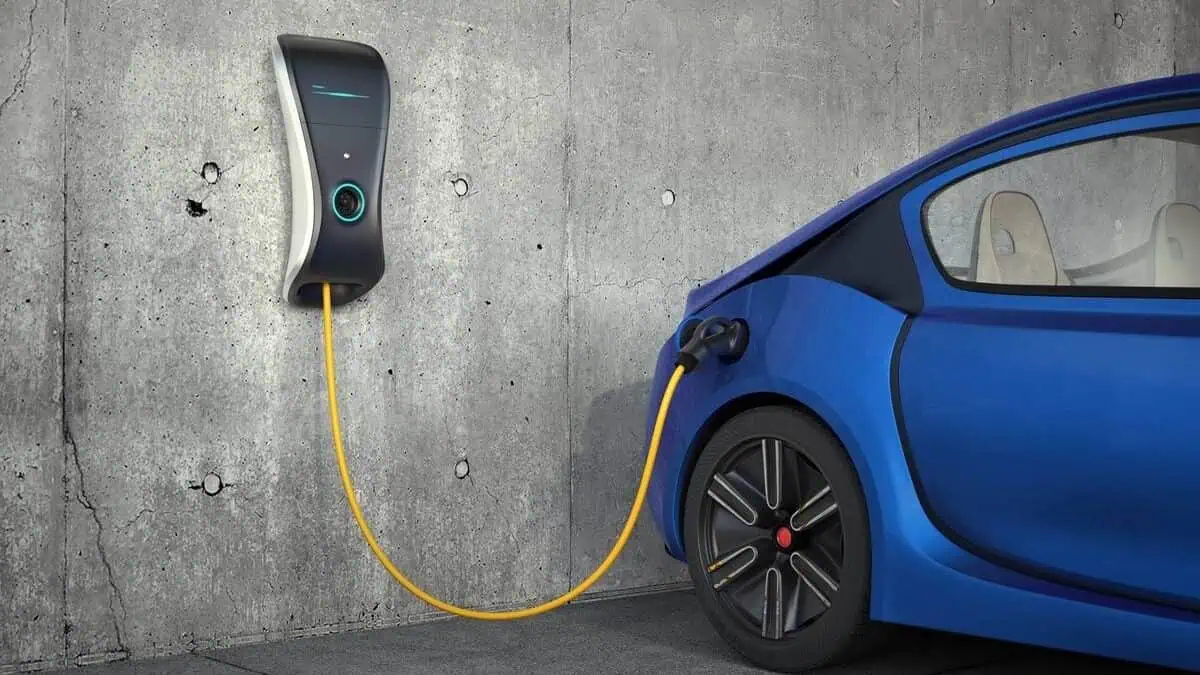The installation of electric vehicle charging equipment is a complex activity that requires knowledge and expertise. It could lead to a disaster if conducted by an inexperienced person, even when done correctly.
EV charging basics
In essence, a charging station or charger—officially referred to as Electric Vehicle Supply Equipment (EVSE)—is merely another name for a power plug.
Below are the three currently available charging levels in North America:
| EV charging levels | Power |
| Level 1 | 120-volt, simple household outlet |
| Level 2 | 240-volt, hardwired or 240-volt outlet |
| Level 3 (DC Fast) | 400-volt to 1,000-volt public stations |
Typically, level 1 chargers are included with your EV at no additional cost. However, they only provide 2–5 miles of charge per hour. Meanwhile, your EV can travel 10–20 miles on a charge in an hour with a level 2 charger. However, they require additional installation because they need a 240-volt outlet and a separate electrical connection. Level 3 chargers are the fastest among these three chargers, but they are only available in charging stations.
Most EV drivers opt for Level 2 chargers for their homes.
How much does it cost?
The average price for a Level 2 home charging station is between $500 and $700. The extra labor cost to install a 240-volt outlet is $1,200 to $2,000. To help alleviate some of these expenses, the government may offer incentives in some areas.
Breakdown:
- Charger – It can cost a few hundred to a few thousand dollars per Chase. However, it would depend on various factors, including speed, size, cord length, Wi-Fi feature, and weatherization. Tesla Wall Connector costs $425, significantly lower than most options in the market.
- Installation – Clearance and installation could cost about $500 if there is already an electricity panel near your parking area. If not, installing a new dedicated line will cost between $1,200-$3,000. An additional panel would also be necessary if the home does not have space for extra breakers on the electrical panel. It can cost between $2,000-$4,000, but these cases are rare.
- Electricity – As of August 2022, it would cost around $45 to travel 1,000 miles per month at the national average electricity rate of 16 cents per kilowatt hour. Some electric utilities provide EV users with special rates or real-time pricing that enables them to charge their vehicles at night when costs are often lower.
Before you pursue these steps, you must first evaluate your home to see if it can support the EV charger in terms of space, electricity, etc. You must also have an EV and a Level 2 charger ready. It is also important to consult a licensed electrician to ensure the safety and reliability of the installation. Lastly, you need to apply for a permit before the installation and prepare for an inspection afterward.
Why is it important to hire a professional electrician?
EVs demand a high amount of current. Alarmingly, it is often transmitted to the car every day of the week for several continuous hours.
All the current flows through the connectors and wires on the charging equipment circuit. The circuit qualifies as a “continuous load” because this high-power drain occurs continuously for several hours. According to the NEC definition, a continuous load is one whose maximum current is anticipated to last three hours or longer.
A circuit will heat up and may experience stressed connections the longer it is powered on. The expansion and contraction of the wiring over time might loosen the connections since heat causes it to expand before cooling off and contracting after charging.
Worse, EV chargers are typically installed in unheated garages or even outside. The wire may also be subjected to daily temperature variations of 50 to 80 degrees Fahrenheit in regions with frigid climates. If screws aren’t torqued to the manufacturer’s requirements, that’s enough to back them out of their connections.
See Also:
- Can I charge my EV at home?
- Blink Charging launches its new advanced L2 smart home charger for electric vehicles
- Tesla teases wireless charger and unveils unlimited overnight home charging
- Tesla: South Australia (home Solar Power) is “the future”
- Tesla lowers the price of its home charging station
All that said, seeking professionals’ help in the entire installation process is extremely important to avoid potential risks.






